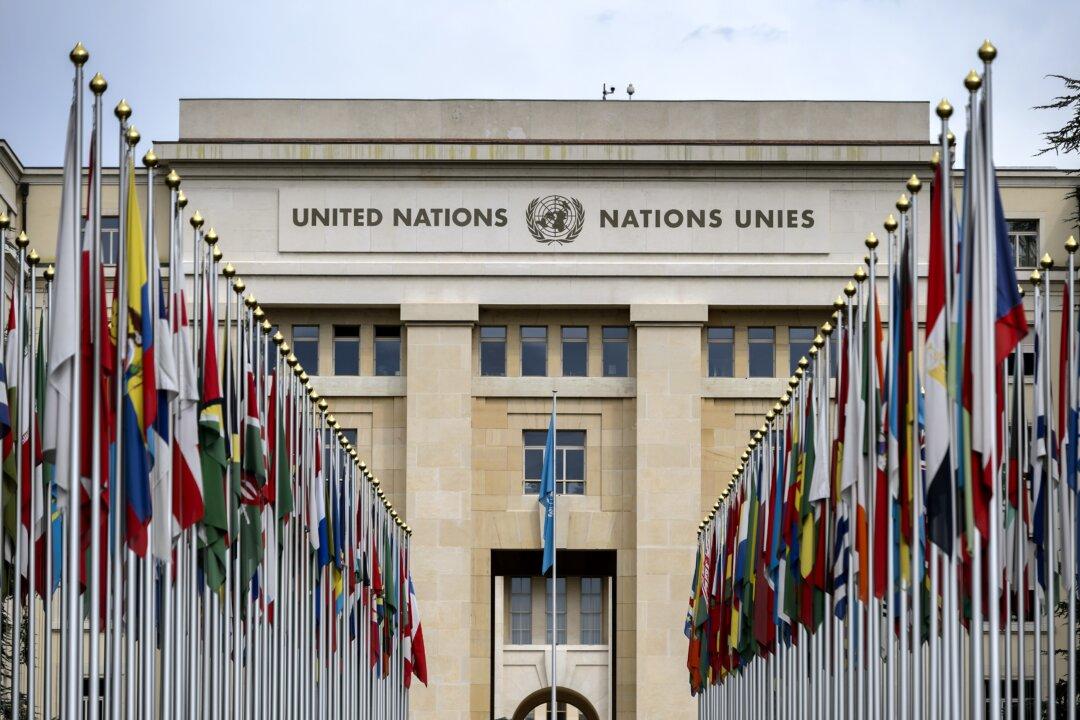As an election looms in Australia, the tax debate continues unabated. Self-interest abounds. When we remove self-interest, we are often reduced to standard design principles for a taxation system.
Lost in this discussion is the fundamental purpose of tax, which is to finance government expenditure. Most would argue that tax revenue should be sufficient to meet basic economic and social needs of the community. But how does a community determine what these basic economic and social needs should be? One way is by using a human rights framework. This can provide guidance for both developing and developed countries considering tax reform.
Equality as the Starting Point
The principle that all humans deserve equality is enshrined in the Universal Declaration of Human Rights and set out in the various United Nations human rights treaties. But inequality is on the rise, particularly in relation to income inequalities between the rich and poor.
In 2015, the world’s wealthiest 62 individuals held the same amount of wealth as the world’s poorest 3.6 billion individuals, according to Oxfam.
